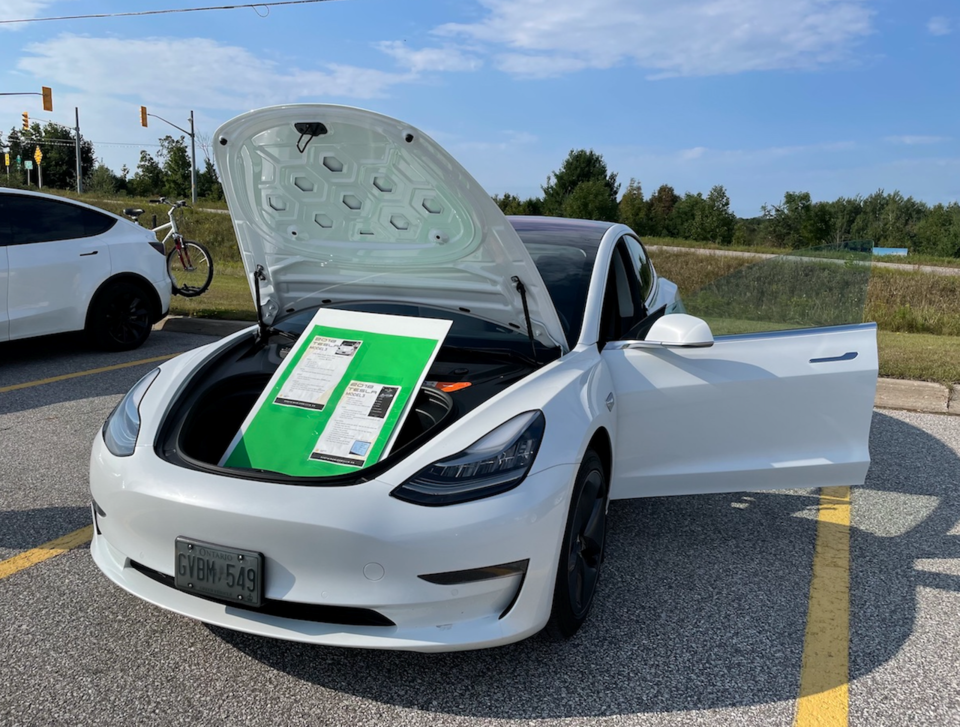OrilliaMatters welcomes letters to the editor ([email protected]). This letter is in regard to the viability of the Canadian auto industry.
********************
The main point of this letter has remained the same, but for various reasons and in order to remain current, I have changed it three times over the past seven days.
The most important thing to come out of the electric vehicle/U.S. subsidy issue is the long-term viability of the Canadian auto industry including manufacturing of the vehicle and the multitude of parts manufactured in Canada. The industry directly or indirectly employs hundreds of thousands of Canadians who have a vital interest in its long-term health.
The Minister of International Trade, Mary Ng, has been in Washington with her colleagues for weeks lobbying against President Biden's proposed $12,500 subsidy for each electric vehicle manufactured in a union factory in the U.S. She has been arguing that it is an infringement of the current Free Trade Agreement. She doesn't appear to be making much headway.
Last week, Environment Minister Stephen Guilbeault was quoted as saying that he wants a “national mandate that would force auto dealers to sell a certain number of electric vehicles to be in place by the end of next year”. Apparently B.C. and Quebec have had great success in mandating the sale of electric vehicles through a rebate program.
What is the difference between a subsidy by the U.S. federal government and a rebate program by two provinces? The Ministers seem to be contradicting each other.
On Friday, Deputy Prime Minister Chrystia Freeland weighed in with a letter to Senate leadership threatening tariffs on U.S.-made products and to revoke concessions made previously in respect to the dairy industry.
On Saturday, Transport Minister Omar Alghabra weighed in with a media release stating “the federal government wants to overhaul the rebate program for electric vehicles so that it more closely aligns with the kinds of cars Canadians want to buy."
Once again, what is the difference between the federal government's “rebate” program, B.C and Quebec's “rebate” programs and the “subsidy” program proposed by U.S. President Biden? Are the Canadian Ministers on the same page?
I am totally in favour of electric vehicles. The next car I buy will be at least a hybrid. I want to be sure that I can buy the brand and type of car I want. I also want to be able to fuel up conveniently.
As I said at the start, what remains most important is a solution that ensures the long-term health of the Canadian auto manufacturing and parts industry. That solution will not be reached by sabre rattling, media releases and television interviews. In my experience as a federal Progressive Conservative Cabinet Minister it will be reached by good old-fashioned negotiation between friends and allies.
Doug Lewis
Orillia
********************



